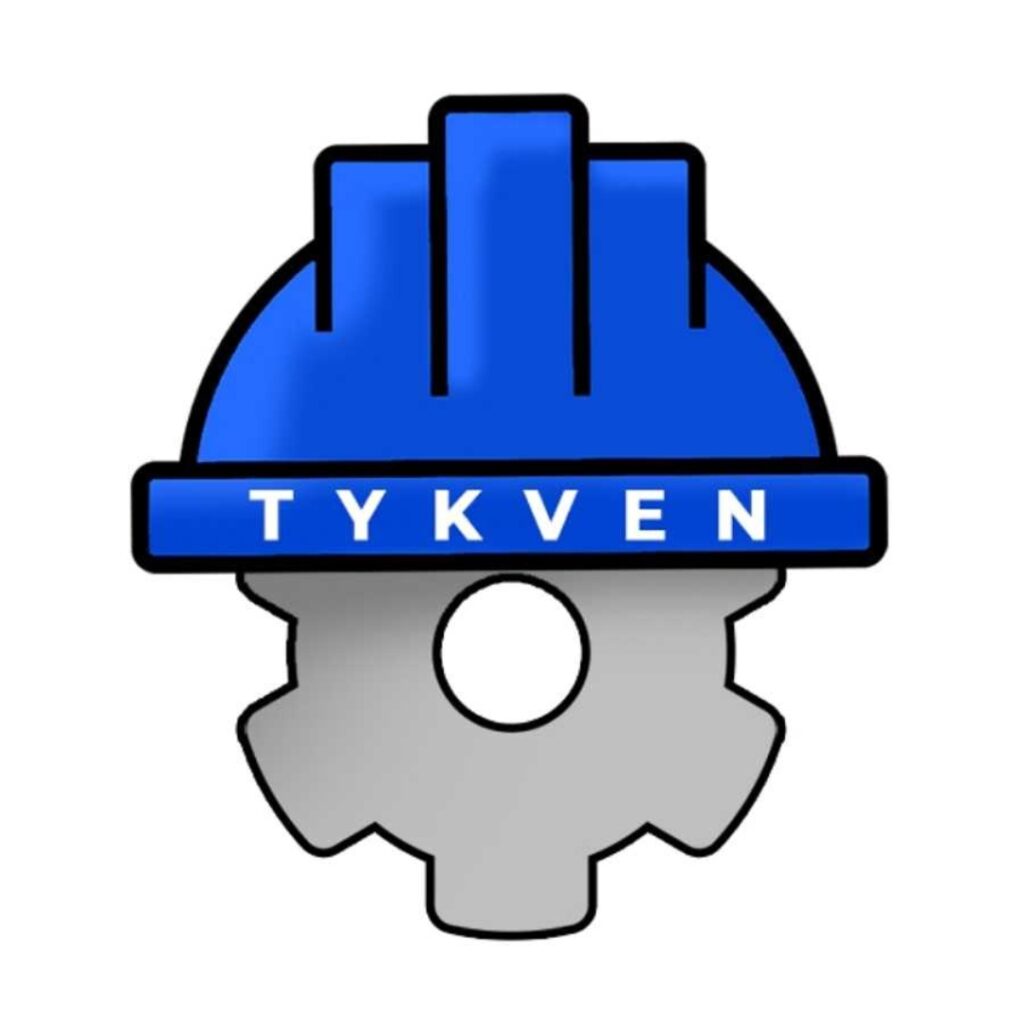How AI Is Transforming Task Scheduling in Field Service Software
In today’s fast-paced service environment, Field Service Management (FSM) companies face increasing pressure to deliver timely, efficient, and high-quality service. With hundreds or thousands of tasks generated daily, manual scheduling is no longer practical. That’s where AI-based automatic task scheduling systems come into play. By intelligently assigning jobs to the most suitable engineers, AI can significantly enhance operational efficiency, fairness, and customer satisfaction.
This blog explores the essential functional and non-functional requirements of an AI-powered task scheduling system designed for Field Service Software.
The Role of AI in Field Service Management
AI transforms traditional FSM processes by automating the allocation of tasks to service engineers. It goes beyond simple rule-based dispatching by analyzing various real-time and historical factors—like skills, availability, urgency, and past performance—to make smart scheduling decisions.
Rather than relying on static schedules, AI models dynamically assign tasks as situations evolve. This results in improved productivity, optimized travel time, and better adherence to SLAs (Service Level Agreements).
Functional Requirements of the AI Scheduling System

To deliver reliable and intelligent task allocation, the Field Service Software must fulfill specific core functions.
Task Understanding and Processing
At its core, the system must interpret and classify incoming service tasks. It should be capable of extracting critical parameters like location, urgency, task type, and complexity. Understanding the nature of the task helps in matching it to the right engineer.
Engineer Profile Management
A robust engineer database is essential for the system to make informed scheduling decisions. The AI should access detailed, dynamic profiles of each service engineer, including their skills, certifications, experience levels, availability, and location preferences. Keeping these profiles up-to-date ensures that task assignments remain relevant and efficient.
AI-Based Task-to-Engineer Matching
The scheduling system must leverage AI models to evaluate multiple variables and determine the most suitable engineer for each task. Assignments should be made based on a balance of skill match, proximity, workload, and fairness. The system should prevent overloading specific technicians while still ensuring urgent or complex tasks go to the best-qualified individuals.
Dynamic Rescheduling and Conflict Handling
In real-world operations, plans often change. Engineers may run late, fall ill, or customers may cancel appointments. The system must respond to such changes in real time, automatically rescheduling tasks without human intervention wherever possible. This ensures minimal disruption to the service workflow.
Learning and Improvement
An effective AI scheduling system must learn from past decisions and performance data. Over time, it should refine its task assignment logic by analyzing outcomes—such as customer feedback, completion times, and engineer performance. This feedback loop helps the system evolve and become smarter.
Integration with FSM Platform
The system should integrate seamlessly with the FSM platform, exchanging data with task management, calendars, GPS systems, inventory modules, and communication tools. A unified experience allows both field technicians and back-office teams to stay in sync with the evolving schedule.
Exception Management
There will be cases where the system cannot find a suitable engineer or resolve scheduling conflicts. In such instances, it should escalate issues to human planners, offering suggestions or alternatives. Manual overrides must be allowed, with all actions tracked for transparency.
Reporting and Auditability
To provide oversight, the system must generate reports on scheduling efficiency, engineer utilization, and task distribution. It should also log decision-making processes to enable audits and explain why certain assignments were made—especially in enterprise environments where accountability is crucial.
Non-Functional Requirements for System Performance
Beyond features and capabilities, the success of an AI Field Service Software also depends on how well it performs under various conditions. Non-functional requirements define these critical performance aspects.
Scalability and Speed
The system must handle large volumes of tasks and users without performance issues. As the organization grows, the system should scale horizontally—maintaining fast, real-time responses even when dealing with complex scheduling scenarios.
High Availability and Reliability
FSM operations often run 24/7, making downtime unacceptable. The AI Field Service Software system must be highly reliable, with minimal maintenance-related disruptions. Redundancy, failover mechanisms, and consistent uptime are essential to ensure uninterrupted service delivery.
Security and Compliance
Given that the system processes sensitive data—such as customer locations and engineer profiles—it must adhere to strict security standards. Data encryption, secure authentication, and access controls are critical. Additionally, compliance with regulations like GDPR must be ensured for businesses operating in multiple regions.
Usability and Accessibility
The AI behind the Field Service Software system may be complex, but its interface must remain user-friendly. Planners should be able to visualize the schedule clearly, make quick changes, and understand suggestions from the AI without requiring technical expertise. For field engineers, mobile accessibility with real-time updates is a must.
Explainability and Trust
For an AI system to be accepted, users must trust it. That means explaining why it made certain decisions. The system should provide a simple rationale for each task assignment—highlighting key factors that influenced its choice. This transparency builds user confidence and supports human oversight.
Maintainability and Extensibility
As business needs change, the Field Service Software should be easy to update and extend. Modular architecture and well-documented codebases ensure that enhancements or fixes can be implemented without major disruptions. It should also support integration with new AI models or external services as technology evolves.
Interoperability
In modern FSM ecosystems, the AI scheduler must work alongside CRM, inventory, billing, and third-party logistics systems. Support for APIs and standardized data formats ensures smooth interoperability across platforms, reducing silos and improving efficiency.
Smarter Scheduling with TykVen
At TykVen, we’ve integrated this AI-based automatic task scheduling system directly into our FSM software to help service businesses manage their field operations more efficiently. Our platform intelligently assigns tasks based on real-time data, engineer skills, availability, and urgency—ensuring your team always works smarter, not harder.
If you’re looking for a Field Service Software solution that combines powerful automation with intelligent scheduling, TykVen is here to help. Whether you’re managing a small team or scaling a nationwide service operation, TykVen is designed to grow with your business and deliver the efficiency your customers expect.

Do you have an interesting project to talk about?
Contact us right away.
The Future of Task Scheduling in FSM
AI-based task scheduling is not just a feature—it’s a strategic shift in how field service organizations operate. As more data becomes available and machine learning models grow more sophisticated, we can expect scheduling systems to move beyond just assigning tasks. Future capabilities could include predicting demand, optimizing routes based on weather and traffic, and even recommending preventive maintenance before issues occur.
Organizations that adopt such intelligent systems stand to gain significant advantages: improved engineer productivity, faster service resolution, happier customers, and lower operational costs.
Final Thoughts
Deploying an AI-based task scheduling system in an FSM application is a powerful move toward service excellence. But the success of such a system hinges on meeting both functional and non-functional requirements. From intelligent task matching to real-time rescheduling, seamless integrations, and secure, explainable AI—every element plays a role in delivering a scheduling engine that’s not only smart but also reliable, scalable, and trusted.
For Field Service Software companies looking to automate intelligently, now is the time to invest in solutions that go beyond automation—and into optimization and intelligence.
